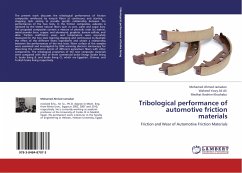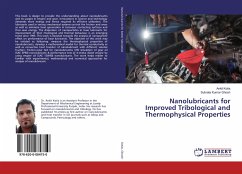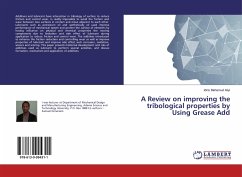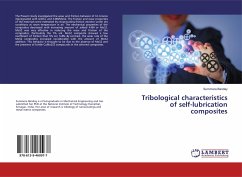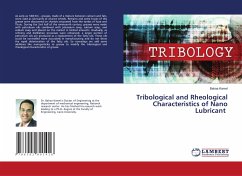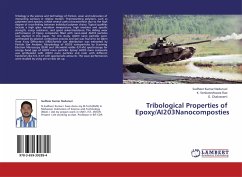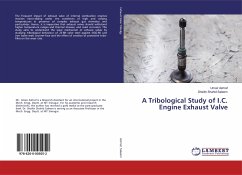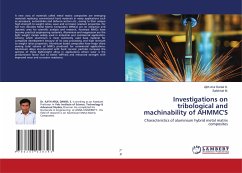The present work discusses the tribological performance of friction composites reinforced by natural fibers at continuous and starting stopping tests aiming to provide specific relationship between the performances of the two tests. In the friction composites, asbestos is replaced by the tested natural fibers such as corn, palm and sugar bars. The proposed composites contain a mixture of phenolic resin (as matrix), metal powder (iron, copper, and aluminum), graphite, barium sulfate, and silica. Friction coefficient, wear, and temperature were accurately measured for the two tests (starting-stopping and continuous) to illustrate the effect of the different fibers ingredients and obtain a relationship between the performances of the two tests. Worn surface of the samples were examined and investigated by SEM scanning electron microscopy for discerning the coherence extent of different agriculture fibers with other components. The tribological properties of the new composite materials were compared with that of three commercial brake linings (brake lining A, brake lining B, and brake lining C), which are Egyptian, Chinese, and Turkish brake lining respectively.
Bitte wählen Sie Ihr Anliegen aus.
Rechnungen
Retourenschein anfordern
Bestellstatus
Storno

